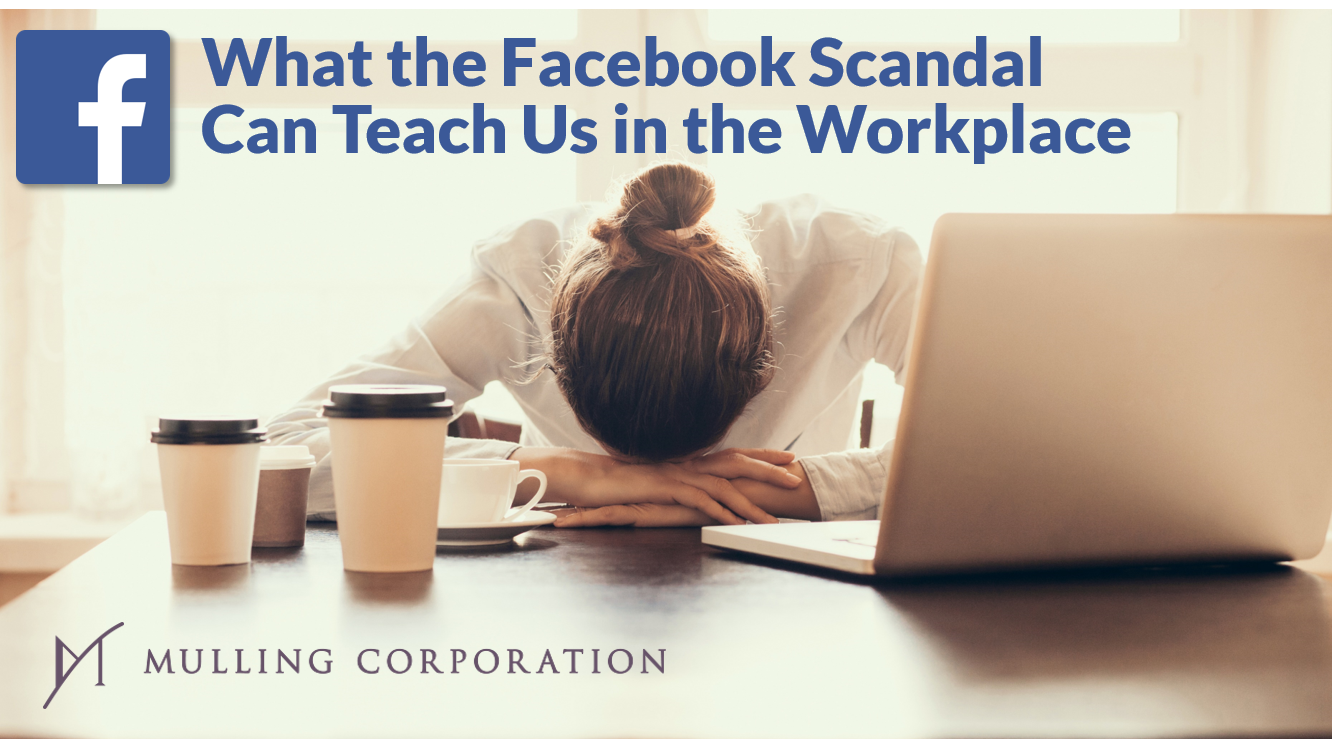Facebook CEO Mark Zuckerberg has had better days. Both he and his company continue to pick up the pieces following its data breach with Cambridge Analytica, a political consulting firm that obtained personal information on more than 50 million Facebook users without their permission. The news put Zuckerberg and his team in the PR hot seat, cost them billions in market share, and even found the young CEO testifying before Congress. 
And it doesn’t stop there. When a social media giant like Facebook takes a hit, the entire tech industry feels it. Now, Silicon Valley is looking closer than ever at their ethical policies going forward. And we would do well to follow suit. In today’s technology driven landscape, we can all learn from their mistakes. Consider these three points:
- Know your priorities: While technology may change, set your basic ethical standards and shape policies around them. For Facebook, early missteps after the story broke showed investors that self-interest seemed to guide their decisions rather than an obligation to consumers. While you should work to protect your business, be wary of doing so at the expense of your clients.
- Govern your data: Facebook’s plans for protecting their data going forward will certainly be scrutinized. Stay one step ahead and ensure that data in your own organization is managed appropriately. This means adopting policies that include not only all data, but adjusting to tech advancements as they happen. In addition, be sure to educate your employees on all policies and procedures.
- Fortify your network: While we’re on the subject, now might be a good time to make sure your organization has the latest network security features. Consider running diagnostics internally or hire an outside firm with advanced expertise, depending on your needs. Then take time to train employees at all levels so they’re comfortable with any changes.
It’s yet to be seen how this scandal will ultimately shake out for Facebook. However your organization can avoid the same fate. Take a proactive ethical stance when it comes to data and send a message to employees and stakeholders alike that you’re prepared for what may come.


